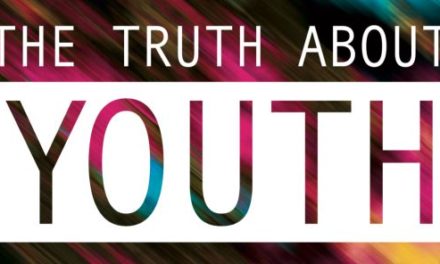From Center for an Urban future:
Our new report, titled Innovation and the City – Part 2, profiles 25 of the best policy innovations from cities ranging from Seattle and Chicago to Memphis and Minneapolis. Funded by Citi Community Development, the report draws upon hundreds of interviews with mayors, agency chiefs, policy experts, academics, business leaders, labor unions and philanthropic foundations, identifies some of the boldest and most inventive urban policy reforms of the last decade. Policies featured in the report include:
- Harrisburg’s new property tax plan, which aims to discourage land speculation.
- Memphis’s approach to improving police interventions with the mentally ill.
- San Francisco’s wireless parking sensors, which reduces circling for parking spots.
- London’s Community Infrastructure Levy, which helps finance transit upgrades.
- Camden’s effort to cut down on expensive emergency room visits.
- Minneapolis’s use of data across agencies to make government more effective.
- Denver’s family and senior homeless initiative.
s cities across the country and globe continue to generate new solutions to a wide variety of vexing problems, sharing information about what works and what doesn’t has become more important than ever. Yet, outside of a few prominent policies, the vast majority of successful municipal experiments never reach a national audience or, for that matter, policymakers in similarly situated cities.
To help bridge this gap, the Center for an Urban Future and NYU Wagner published Innovation and the City earlier this summer. Drawing upon hundreds of interviews with mayors, agency chiefs, policy institutes, corporations, labor unions and philanthropic foundations, we identified some of the boldest and most inventive urban policy reforms of the last decade. But, in that report, which was generously funded by Citi Community Development, the policies also had to address important needs in New York City. And they had to be policies that could be realistically implemented in New York, given the City’s government structure and political climate. As New York prepares for a new mayor for the first time in 12 years, we felt that creating an inventory of the best ideas from other places would be a good way to not only spotlight theoretical solutions but workable programs that others have already started to implement and learn from.
During our research, we discovered a lot of promising innovations that didn’t match up well with New York’s needs or addressed problems that the City was already confronting in a different way. So, in this second edition of the report, we have loosened our criteria to include policies that might not work in New York but are important enough to merit replication in other cities. These 25 policies come from a diverse group of municipalities and confront a variety of different kinds of problems.
For instance, we highlight Harrisburg, Pennsylvania’s attempt to use the tax code to incentivize development and discourage land speculation, as well as San Francisco’s innovative approach to traffic congestion caused by drivers circling for parking spots. We profile London’s Community Infrastructure Levy, which provides policymakers with a new tool to finance transit upgrades and other major infrastructure investments, as well as a program in Camden, New Jersey that cuts down on expensive emergency room visits by hotspotting so-called “super-utilizers” of medical care.
And since we are no longer canvassing policies for a new mayor in New York, we highlight six of New York City’s most important innovations under Mayor Michael Bloomberg, including the high-profile Applied Sciences NYC Competition, which resulted in plans for a new multi-billion dollar research campus on Roosevelt Island, and the Center for Economic Opportunity, which has leveraged alternative funding streams to launch over 50 anti-poverty programs.
As with our first publication, since so many of these innovations defy traditional categories and appeal to such a diverse set of needs, they are not listed in any particular order.
Idea 7: Crisis Intervention Program
Memphis, TN



